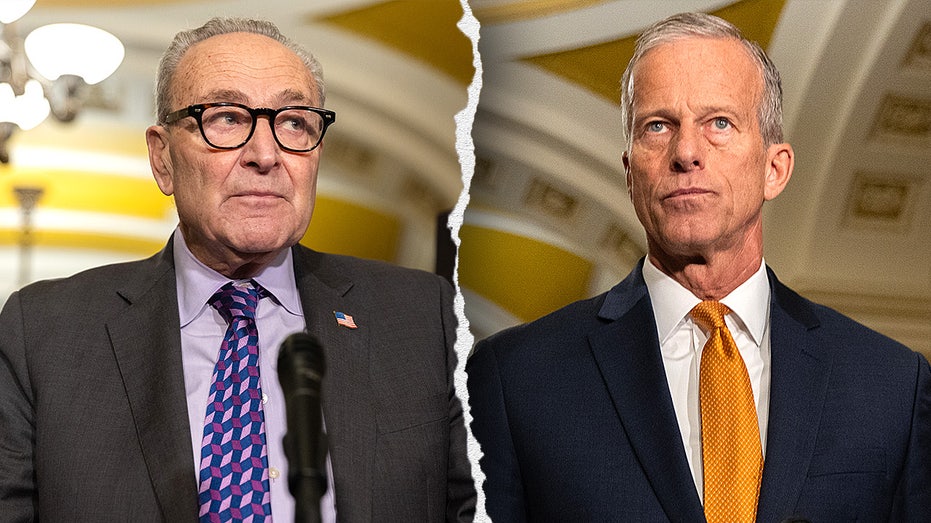A sweeping demand for transparency surrounding the Jeffrey Epstein case has surged through Congress, bypassing a potential roadblock in the Senate. For the first time, a resolution compelling the release of Epstein-related documents faced no opposition from Senate Republicans.
The push for disclosure originated in the House, where a near-unanimous vote propelled the resolution forward. Senate Minority Leader Chuck Schumer immediately vowed to expedite the process, urging swift passage without alteration. He warned against any attempts to delay or weaken the bill, emphasizing the risk of it being stalled indefinitely.
The resolution, spearheaded by Representatives Thomas Massie and Ro Khanna, mandates the Department of Justice release all unclassified records pertaining to Epstein and Ghislaine Maxwell. This includes documents, communications, and investigative materials, all to be made publicly accessible within 30 days of the bill becoming law.
The Epstein case ignited a firestorm in the House, even prompting a temporary recess orchestrated by Speaker Mike Johnson amidst the intense pressure for answers. The Senate, however, initially remained less reactive, carefully considering the legislation through internal channels.
A significant shift occurred when former President Donald Trump unexpectedly voiced his support for the resolution. Despite previously opposing the release of these files, Trump now characterizes the push for transparency as a politically motivated tactic by Democrats to overshadow Republican successes.
While both parties agree on the need for greater transparency, concerns remain regarding the protection of victims’ identities. Despite calls for amendments to safeguard this information, the overwhelming momentum behind the bill—and the President’s endorsement—make alterations unlikely.
Senate Majority Leader John Thune indicated a willingness to move the bill swiftly, potentially before the Thanksgiving recess. The lack of Republican resistance suggests a path for the resolution to reach President Trump’s desk for his signature, bringing the prospect of long-sought answers closer to reality.
The bill’s journey through Congress highlights a rare moment of bipartisan agreement, fueled by public demand and a surprising turn from a key figure in the ongoing saga. The impending release of these documents promises to shed new light on a case that has captivated and disturbed the nation for years.






